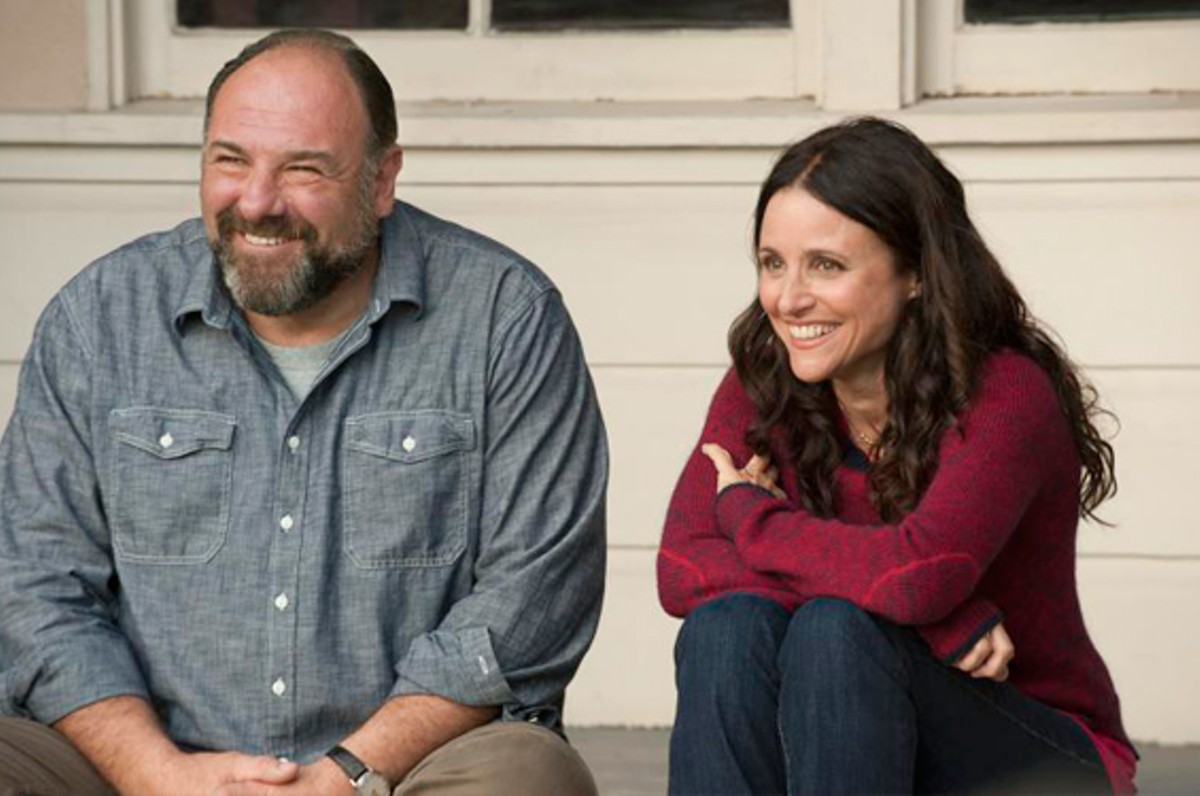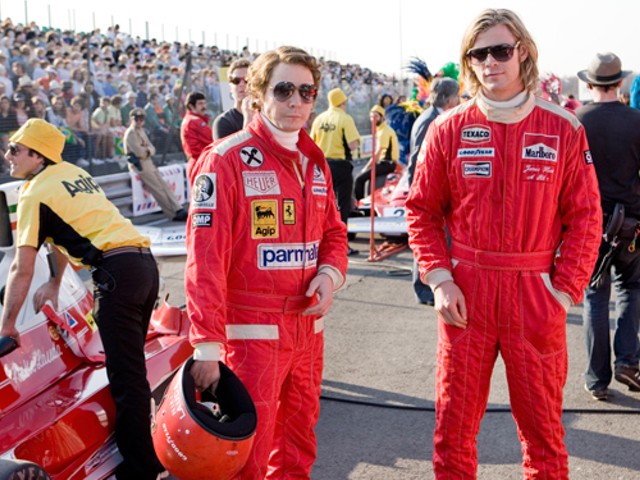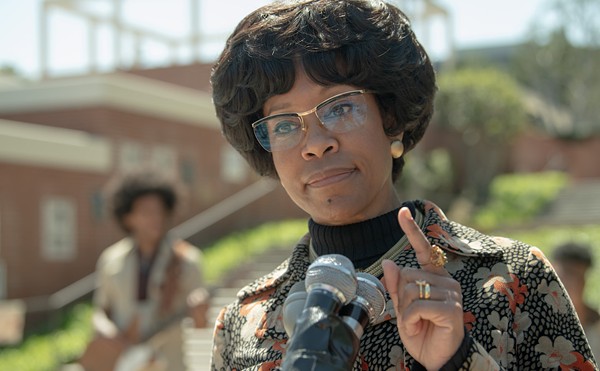When a relatively young actor dies suddenly, as James Gandolfini did in June, it's tempting to wonder about the roles he'll never get to play. When we didn't know we'd be losing him so soon, it was always fun to see Gandolfini show up, a casual surprise: In 2012 alone he played a disillusioned dad in David Chase's Not Fade Away, a defeated hit man in Andrew Dominik's Killing Them Softly, and Leon Panetta in Zero Dark Thirty. But, perhaps with the exception of the hit man, none of those characters were particularly sexy, or even essentially sexual.
So it's a small blessing that in Nicole Holofcener's grown-up romance Enough Said, one of the last films Gandolfini made before he died, his character is sexy just because. Gandolfini's charisma isn't something turned on at will, but a radio vibe that radiates from deep within: It's in the timbre of his voice, in his rolling carriage, the way he's always just one flirtatious millisecond behind the beat. Part of what Gandolfini does here, of course, is acting; but sometimes acting is an intensification of just being. What we get in Enough Said is full-on Gandolfini, and if we're going to grieve for an actor — actors are, after all, people whom moviegoers and TV-watchers spend an awful lot of time with — this is the way to do it. It's easy to find joy in just about everything he does here.
Gandolfini plays Albert, a divorced dad who's getting ready to send his daughter off to college. Julia Louis-Dreyfus' Eva, a masseuse, is in approximately the same boat. The two meet at a party and, after both have announced that there's no one in attendance they find remotely attractive, tentatively begin dating.
At that same party, Eva meets Marianne (Catherine Keener), a tall, boho drink of water who — get this — makes her living as a poet. It's platonic girl-love at first sight, and Marianne becomes first one of Eva's clients and then a friend. Eva tells Marianne about the funny, sexy, somewhat overweight guy she's just started dating; Marianne complains about the ex-husband whose sloppiness, not to mention his tendency to push all the onions to the side of the dish when eating salsa, drove her crazy. You might guess before they do that they're talking about the same guy.
Or maybe you won't. But the central plot contrivance of Enough Said isn't the point. What matters, as always, is Holofcener's knack for observing not just the way people respond to extreme situations, but what they do in everyday ones. Enough Said is a romantic comedy of sorts, one set in deep middle age, that time of life when you start wondering if there are any surprises left for you (aside from unpleasant ones). That alone makes it unusual, not to mention the fact that Holofcener and her cinematographer, Xavier Pérez Grobet, are highly attuned to the geography of fortyish and fiftyish faces. Keener and Louis-Dreyfus, of course, both look "good," but they also look "their age," whatever that means these days. What's interesting is that in some scenes these characters look terrific, while in others they just look fine, depending on the light around them, on the makeup they might or might not have put on that day, on how much sleep they got the night before. Without advertising it, Holofcener — who has been trying to make sense of the craziness of women's lives since her 1996 debut, Walking and Talking — puts all of those middle-aged variables right up there onscreen. That's either a horror show or a comfort, depending on which side of 50 you fall on, but it's something few other directors even make allowances for.
As always in Holofcener's films, people in Enough Said say terrible things to each other. You hear them and think, No one would ever say that in real life — until you recognize that yes, of course they would. And because Enough Said, like all of Holofcener's movies, is an ensemble comedy, there's always someone around to say the wrong thing, whether it's Toni Collette as Eva's best friend, Tracey Fairaway as Eva's distant daughter, or teen blogger sensation Tavi Gevinson as that daughter's best friend, a young woman who seems to be casting about for a better mother figure than the one nature has saddled her with. Louis-Dreyfus makes a good mother figure, though she's probably even better as a potential date. "I find that I don't like younger people," she tells Albert the first night they go out together, the kind of cavalier, open-ended statement that she can't possibly mean — unless, perhaps, she does.
Louis-Dreyfus and Gandolfini are lovely together, though her character is the sharper-edged of the two. It's Gandolfini's Albert, soft-hearted and soft-bellied, who suffers more. Gandolfini takes the movie's small, offhand jokes and intensifies them. When Eva tells him about her hobby, knitting, he tells her that he has one, too: weaving. She takes the joke seriously for about 25 seconds, only to confess her relief that he's not serious. Meanwhile, he smiles like a Buddha crossed with the Cheshire Cat. But Albert is sexiest — where else? — in bed, not because of what you see, but because of what you don't. It's there that Gandolfini's aura, that indefinable spread of invisible peacock colors, is on full display. It's terrible that he's gone. But the peacock colors live on.






